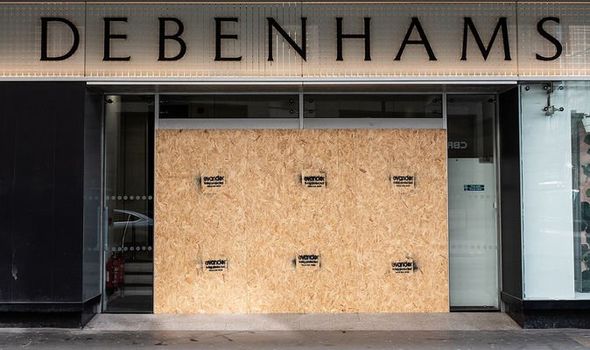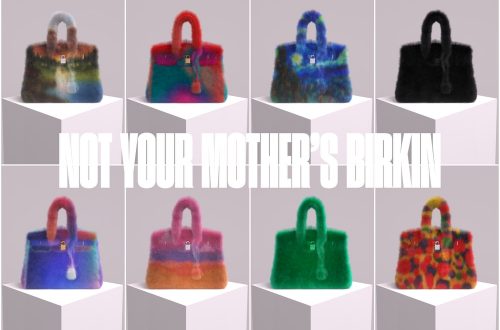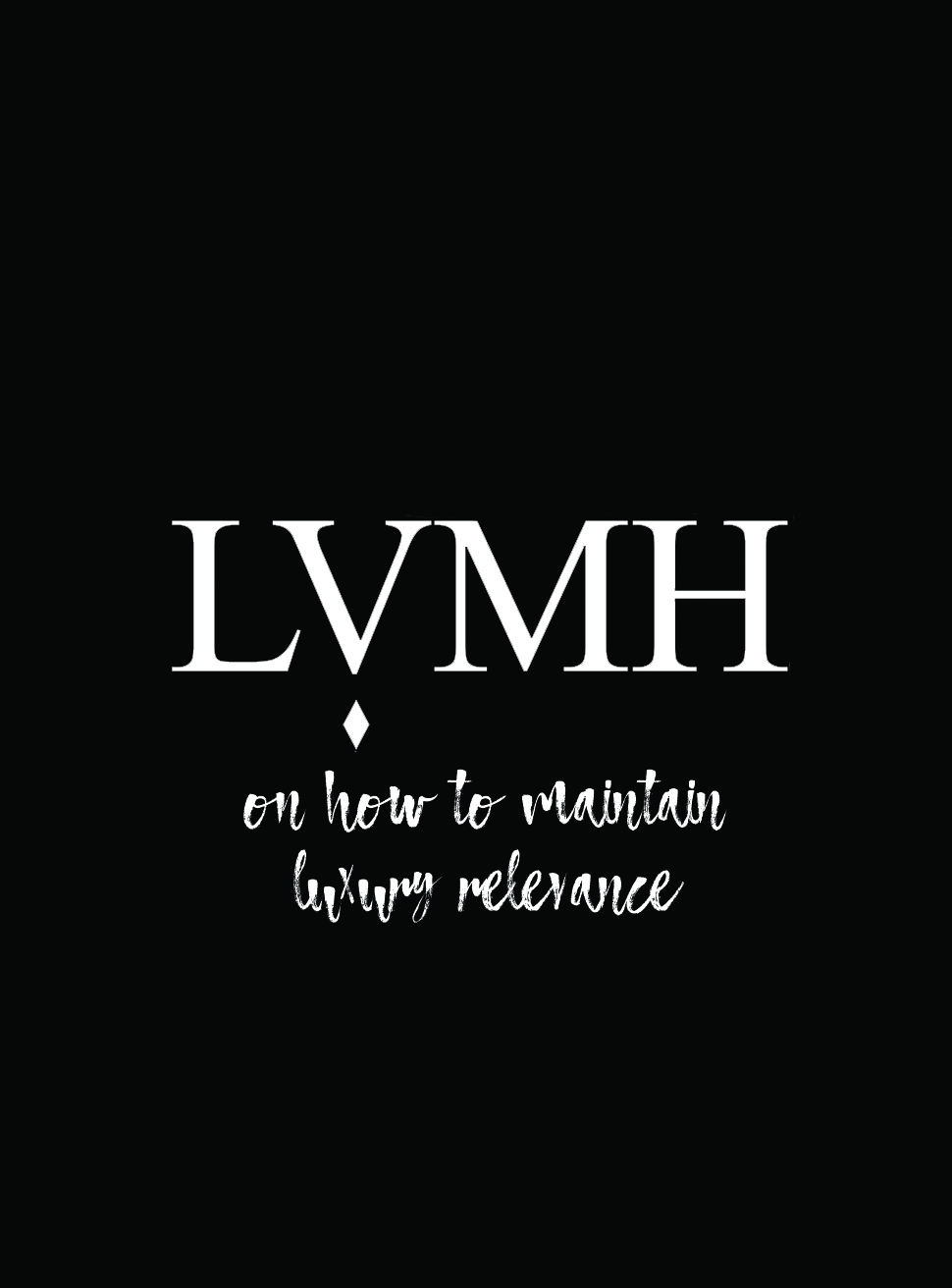The pandemic is undoubtedly leading to drastic changes in fashion’s retail paradigm, particularly when it comes to fast fashion. As noted throughout the past months, the recipe for success has consisted in shaping retail strategies on e-commerce or, at the very least, omnichannel. Inditex has clearly exemplified this phenomenon: for the first half of 2020, online sales grew by 74 percent, while net sales decreased by a third compared to the same period in 2019. Indeed, despite falling sales, the fast fashion Group’s strategy envisaged an expansion of the e-commerce to new markets: up to now, Zara (Inditex’s major label) has launched online sales in 16 new countries across South America, Europe and Africa.
On January 25th, Boohoo, the 15-year-old British e-tailer, closed a £55M deal to purchase Debenhams, a 243-year-old department store chain populating British high streets. The symbolism of this acquisition is quite straightforward: exceptionally, a fashion retail tycoon has been drastically outperformed by a relatively new digitally native player. This is just one of the many acquisitions conducted as a result of the coronavirus and it marks a shift in consumption patterns, whereby online purchases thoroughly surpass in-store purchases. Despite the vast amount of criticism Boohoo has been subject to due to their allegedly poor working conditions, starting from May 2020 it concluded a variety of deals, including the acquisition of Oasis, Karen Millen and Pretty Little Thing. On the other hand, Debenhams has been on the lookout for potential buyers for quite some time, after having experienced both stagnated sales (revenues in 2018 – last available figure – returned to the 2013 level, respectively £2.277B and £2.282B) and heavy debts (already amounting to £600M pre-lockdown) built up under private equity ownership. Moreover, Boohoo has recently announced its interest in acquiring businesses like Dorothy Perkins, Wallis and Burton, all belonging to the Arcadia Group. The latter has been targeted also by Asos, Boohoo’s main competitor, as today it closed the negotiations to acquire Topshop, as well as other minor Arcadia brands, including Topman and Miss Selfridge, in a deal worth £295M. Similarly to Debenhams, Arcadia has built up a relevant burden of debt, amounting to £750M, of which £550M raised by Topshop and Topman.

While traditionally physical fast fashion retailers have been struggling due to the pandemic and have consequently moved to online platforms for awareness and promotion, high fashion brand Bottega Veneta has proved quite the opposite. Indeed, the Italian luxury label, whose social media profiles counted millions of followers, has recently deleted its accounts on Facebook, Twitter and Instagram, with no further notice. Not to mention, luxury brands like Hermès and Chanel are quite reluctant in terms of digitalisation. On the one hand, Hermès is restricting its sales on selected items, adopting an apparently counterproductive marketing strategy. On the other hand, Chanel has digitalised sales only for a subset of its product offering, excluding bags and clothing items. Nonetheless, the digital trend brought about by the pandemic seems to be irrepressible, considering that digital platforms including Amazon, Facebook and Google are expected to capture up to 61 percent of the total advertising market this year, doubling their share in 2015 (source: Group M).
While there are a few exceptions, like the abovementioned Bottega Veneta, Hermès and Chanel, the trend shaped by the coronavirus is quite evident: digitalisation. Indeed, many high fashion boutiques have been adopting a “phygital” paradigm, whereby clients can book online appointments with sales assistants guiding them through the new products in the store. Clearly, this doesn’t replace the traditional sales experience, but it may initiate the conversion into a fully digital world. Who knows, maybe in 50 years we may be welcomed into high fashion stores by robots…
By Carlotta Puccini





